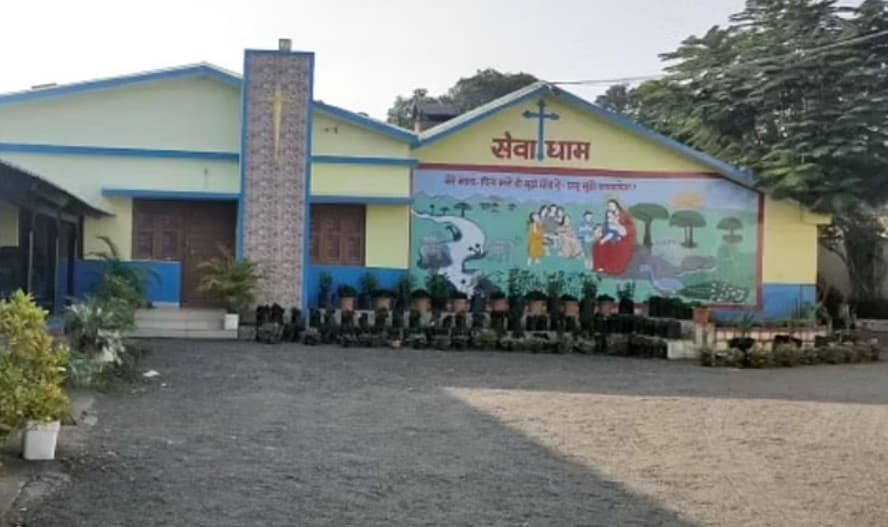MUMBAI – Catholic officials in India’s Madhya Pradesh state are protesting after two priests were arrested during a police raid on a church-run orphanage, ostensibly to investigate charges that the facility was serving beef and teaching children the Bible.
Catholic leaders suggest, however, that the real motive for the crackdown has to do with control of the orphanage’s land.
The two priests who were detained during the raid on St. Francis Sevadham Orphanage in Shyampur, located in the Diocese of Sagar, were released on bail May 8, facing charges that they obstructed members of the state’s child rights panel during an unannounced inspection.
The orphanage is home to 44 children, 21 girls and 23 boys, aged up to 19.
Local media reports that this was the third such incident targeting a church-run institution within the past month. Politically, Madhya Pradesh is governed by the right-wing BJP party, which has links to Hindu nationalist movements often seen as hostile to India’s religious minorities, including Christians.
“This is part of an ongoing campaign against Christians to discredit their work among the poor and the downtrodden,” Bishop James Athikalam of Sagar told UCA News.
Father Sabu Puthenpurackal of the Diocese of Sagar said the St. Francis Orphanage has performed “humanitarian service for orphans and differently-abled children for the past 150 years,” and that at present it’s “being unnecessarily raided by the National Commission for Protection of Child Rights (NCPCR) and Child Welfare Committees (CWC) without any prior information.”
The orphanage has been waiting for three years for a renewal of its civil registration. In the meantime, Puthenpurackal said, it’s been subject to harassment since December 2021.
On Dec. 6 of that year, Puthenpurackal said, police and CWC officials performed a surprise visit to the orphanage following a complaint that children had been served beef. (In keeping with Hindu sensitivities, cow slaughter and the consumption of beef are prohibited in Madhya Pradesh.) Officials also said they were investigating charges that residents were being taught the Bible, a potential violation of India’s anti-conversion laws.
According to Puthenpurackal, officials spoke with residents and took formal statements from five boys and five girls, as well as the director of the orphanage and other personnel, including the cook.
Father Sinto Varghese, the orphanage’s director, denied the charges in an interview with UCA News. He said the facility serves chicken and vegetables, not beef, and that while some Christian children do indeed possess Bibles, there’s no attempt to convert anyone.
At one stage, government officials attempted to forcibly remove all children from the orphanage, but the diocese filed a legal petition to block the action. One court ruled in the diocese’s favor, asking all parties to maintain the status quo, and another hearing had been set for May 9.
The day before that hearing, child welfare officials arrived at the orphanage with a police escort to seek and confiscate unspecified documents. According to Puthenpurackal, the facility was ransacked, with computers and files being destroyed and mobile phones seized during the search.
He also said the altar in a century-old church on the grounds of the orphanage was desecrated. It was when two priests attempted to protest the desecration, Puthenpurackal said, that they were temporarily arrested.
Puthenpurackal called the official’s actions “illegal in action and contempt of court procedure.”
While the raids and their aftermath are playing out, the High Court in Madhya Pradesh is considering a dispute over the 277-acre plot of land upon which the orphanage sits, which was bequeathed to the Catholic Church by Indian’s former British rulers.
The local government has refused to renew the orphanage’s lease on the land, and Catholic leaders suspect the raids and charges against the orphanage are intended to influence the court’s ruling.














